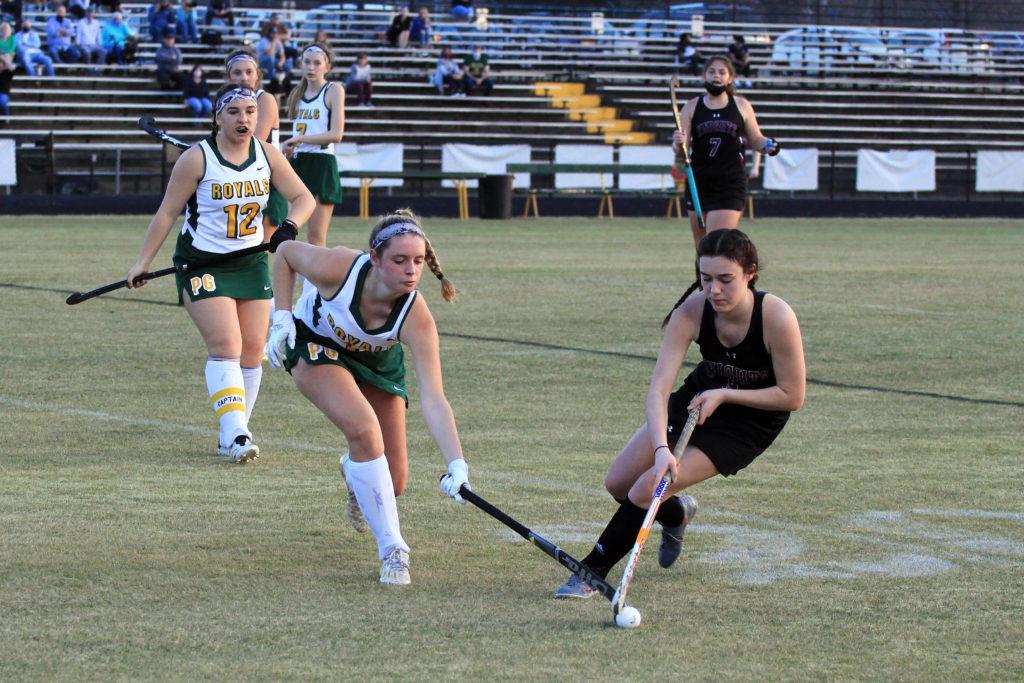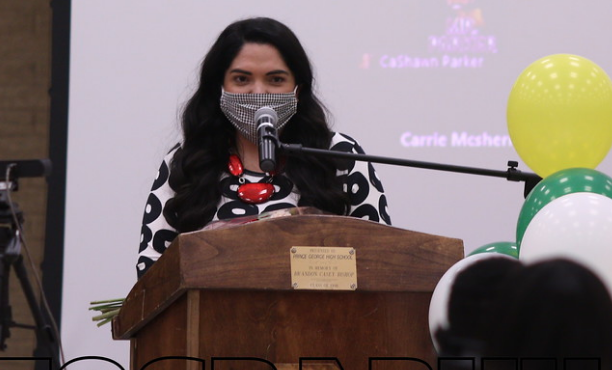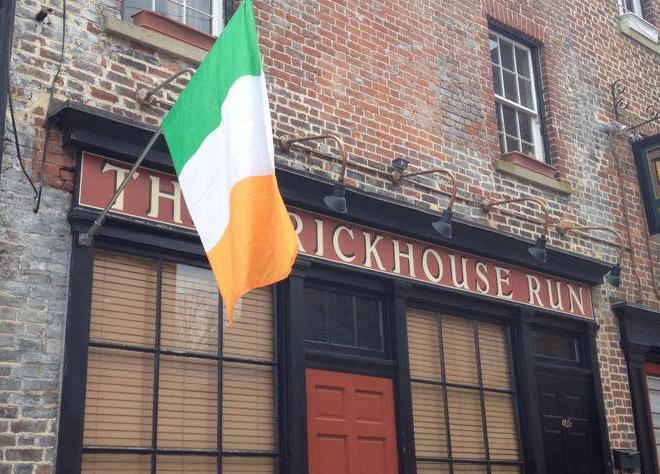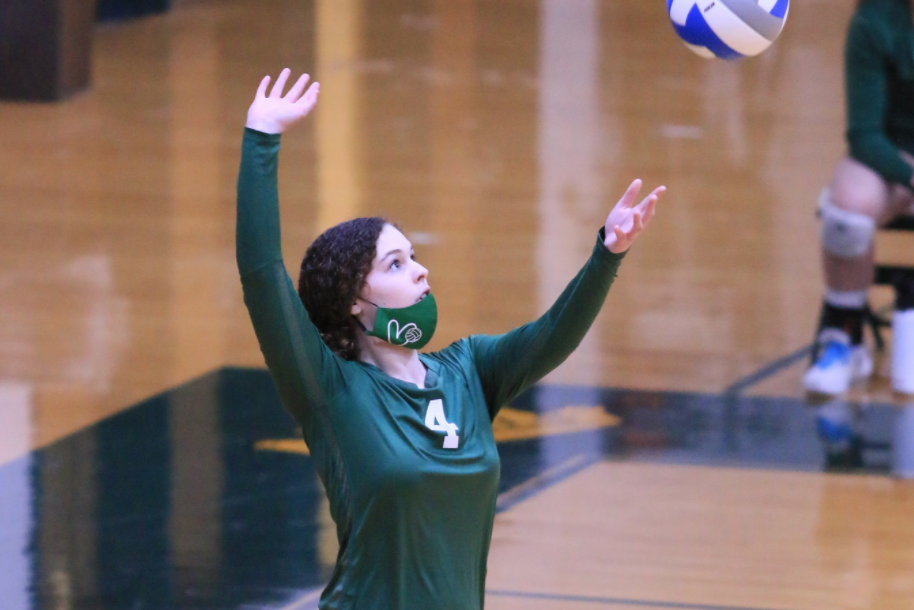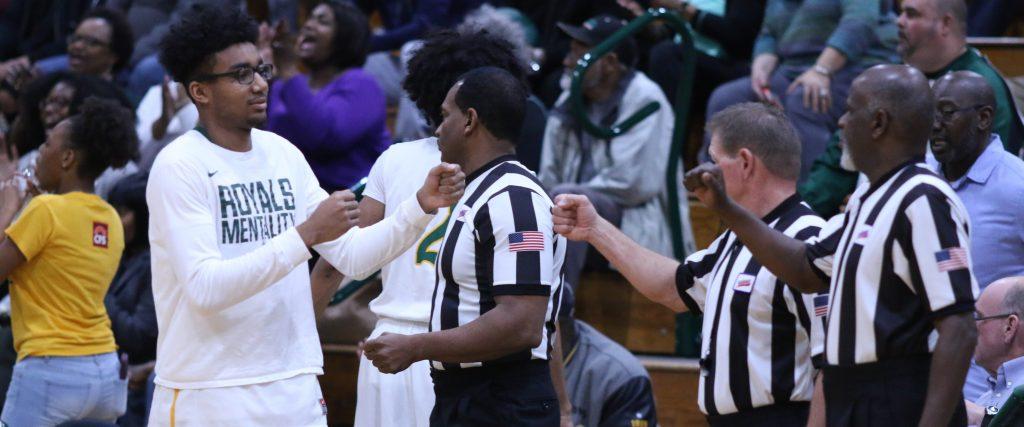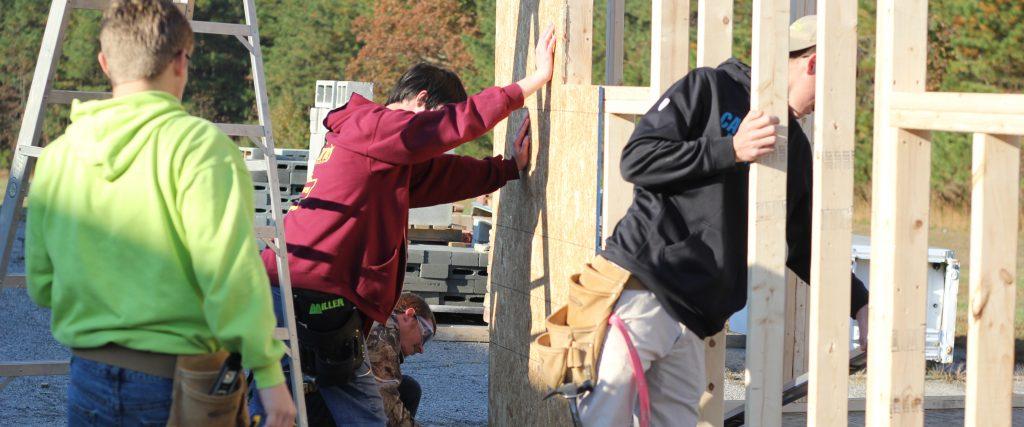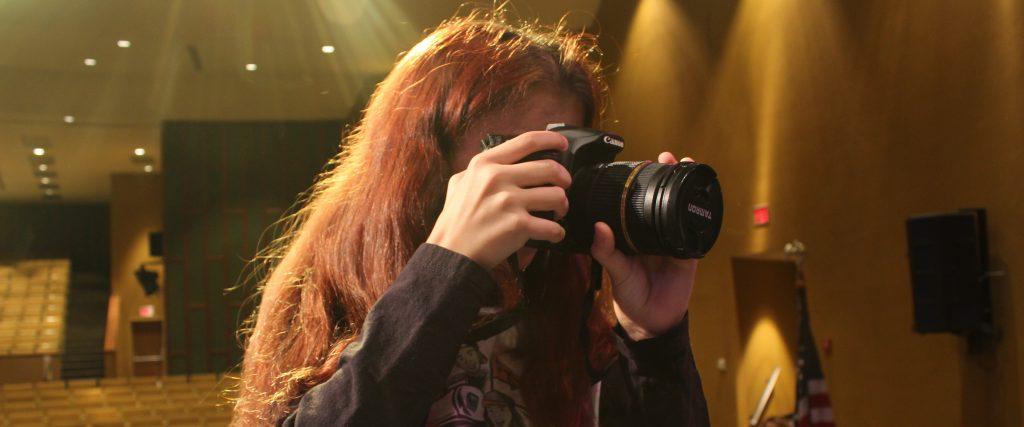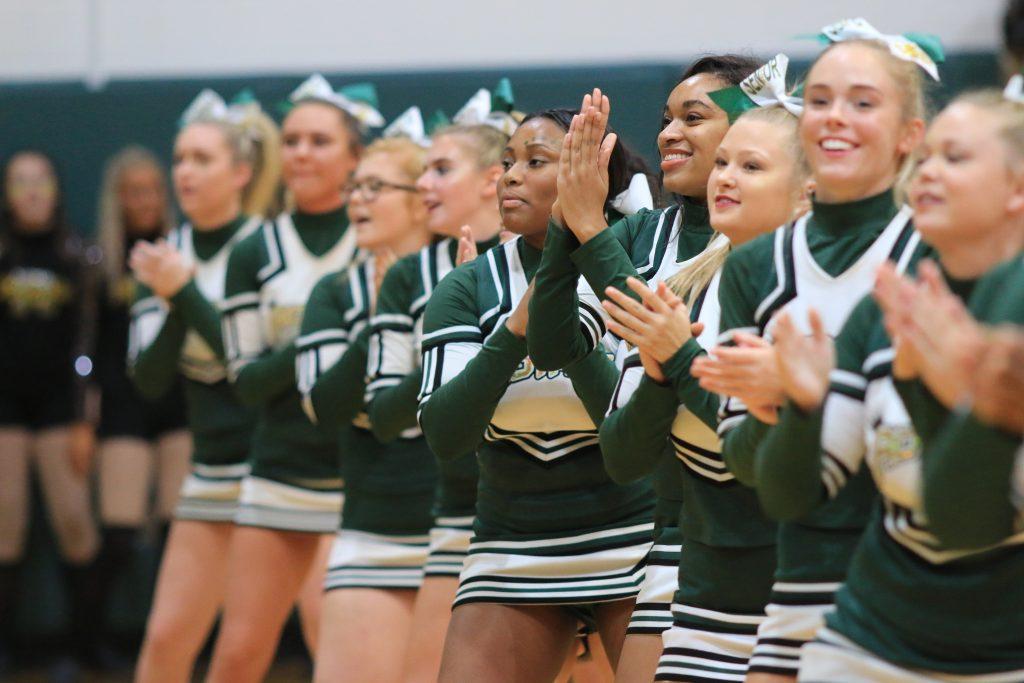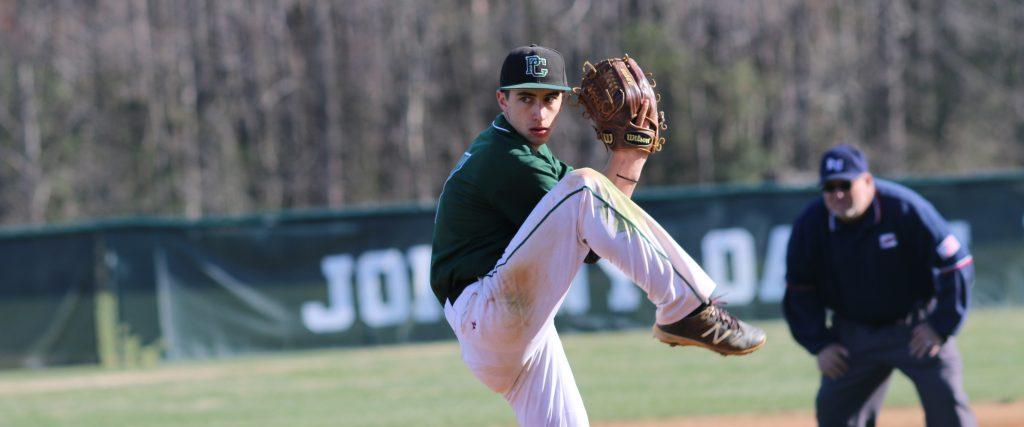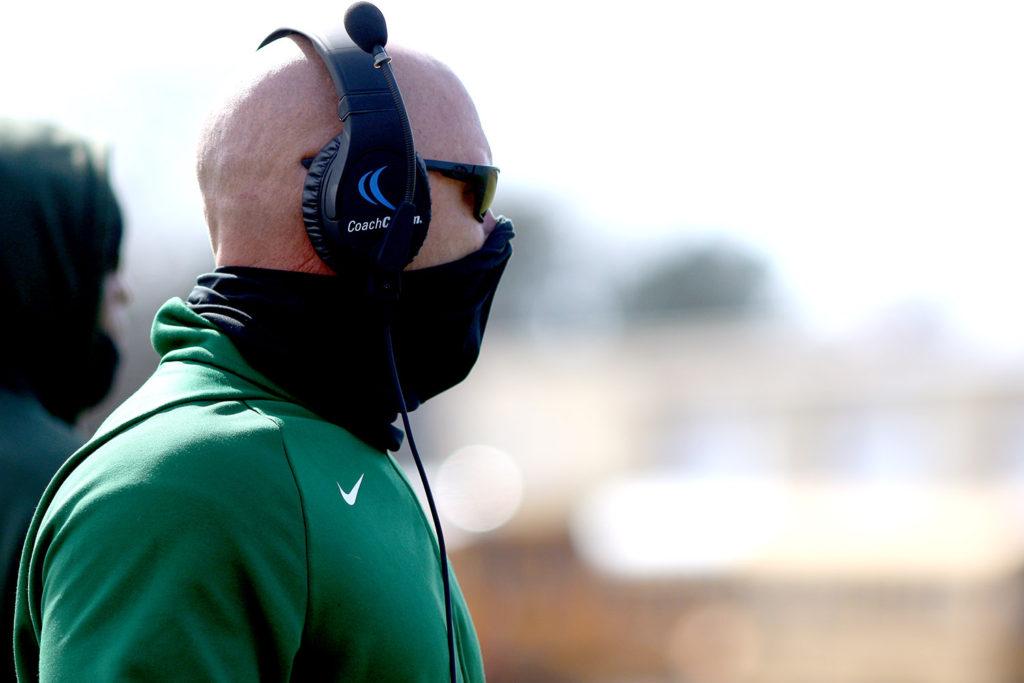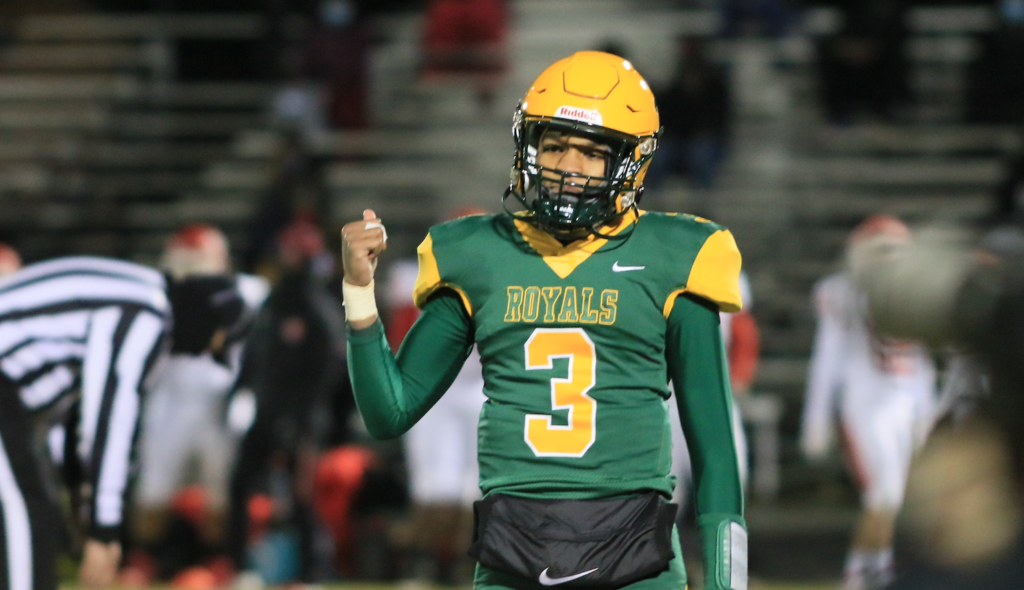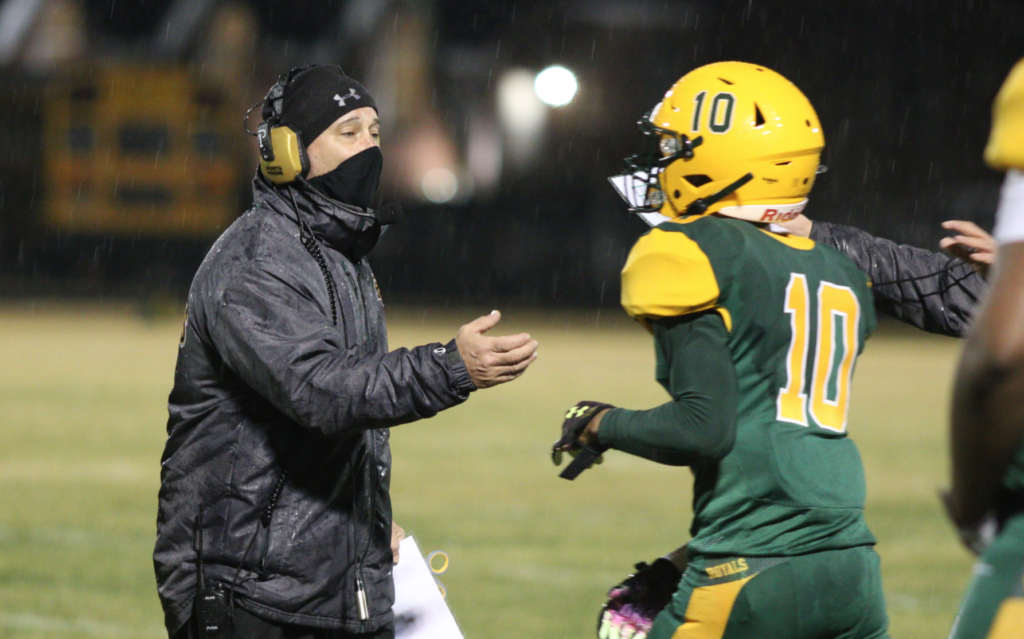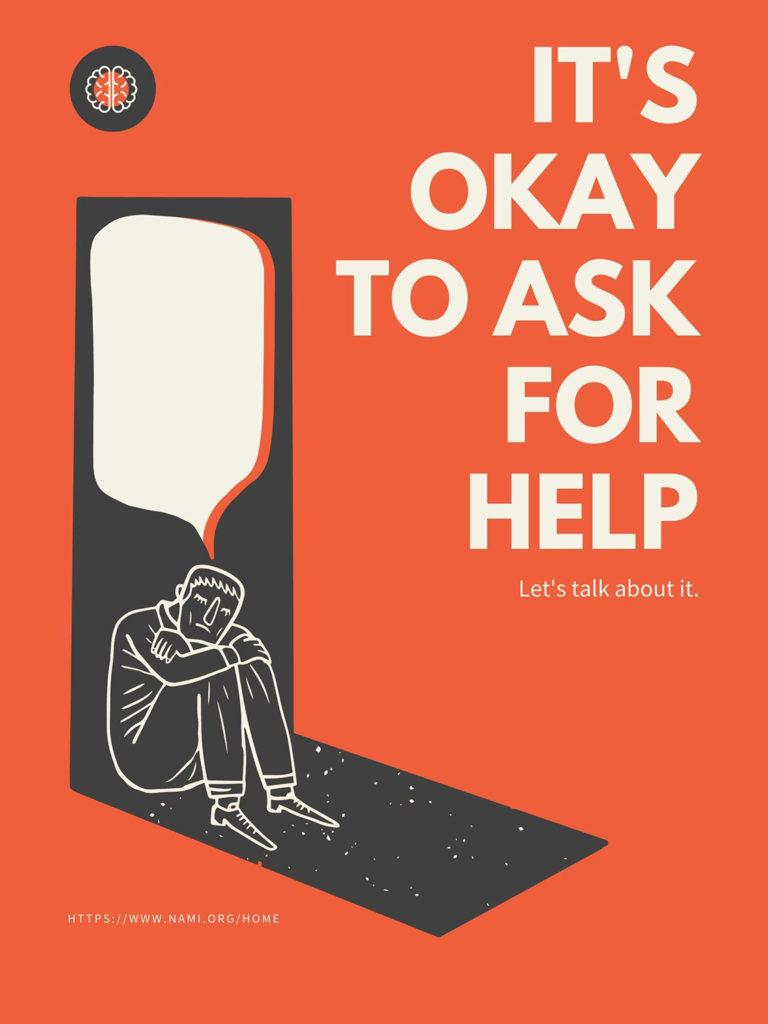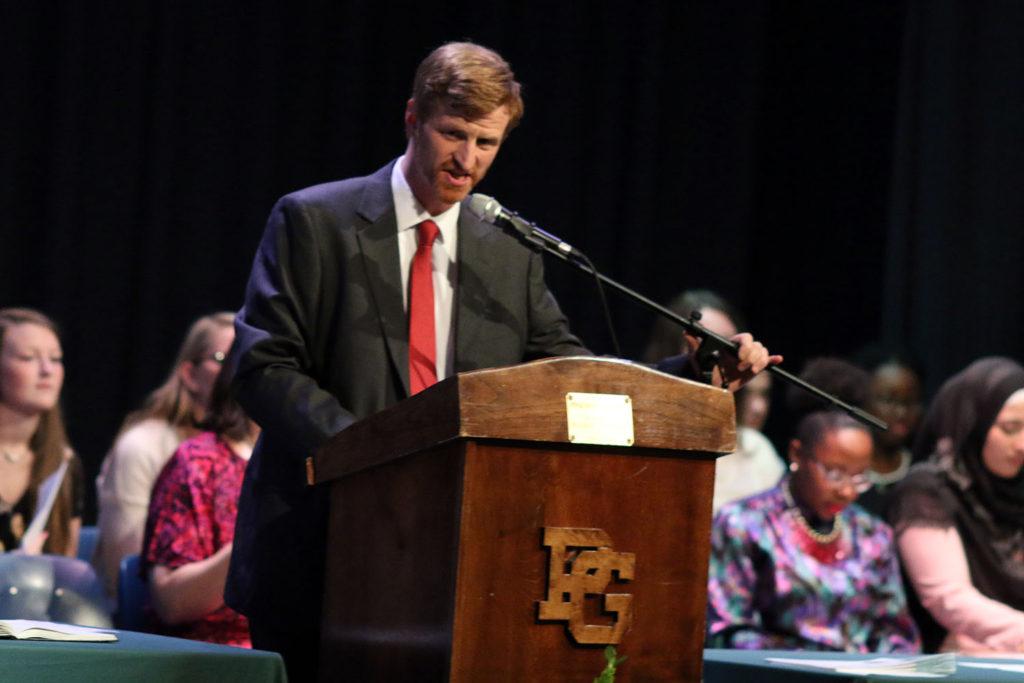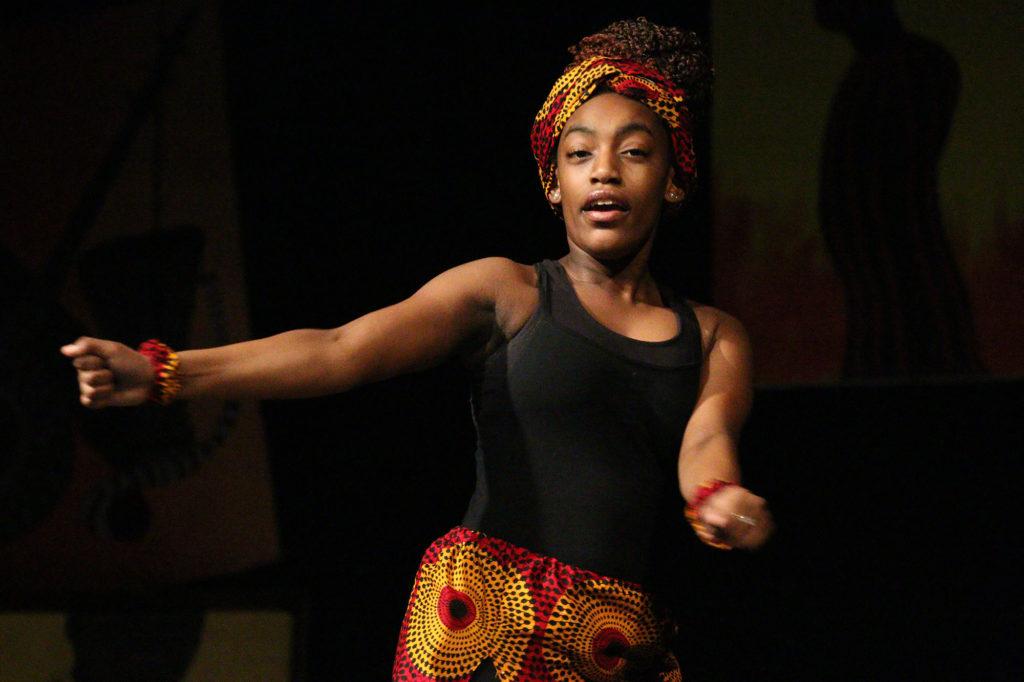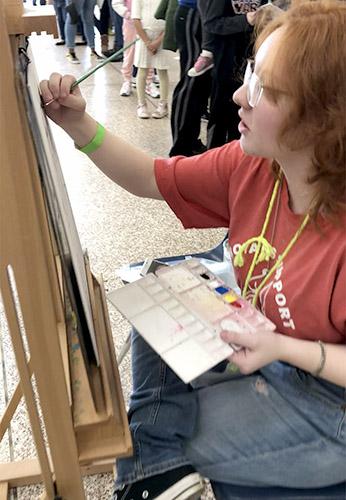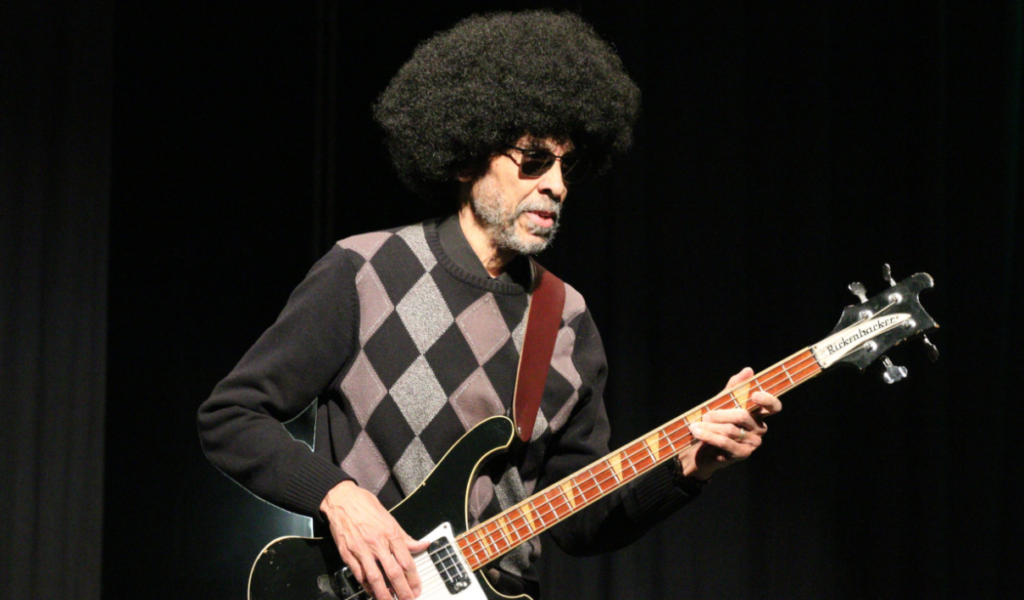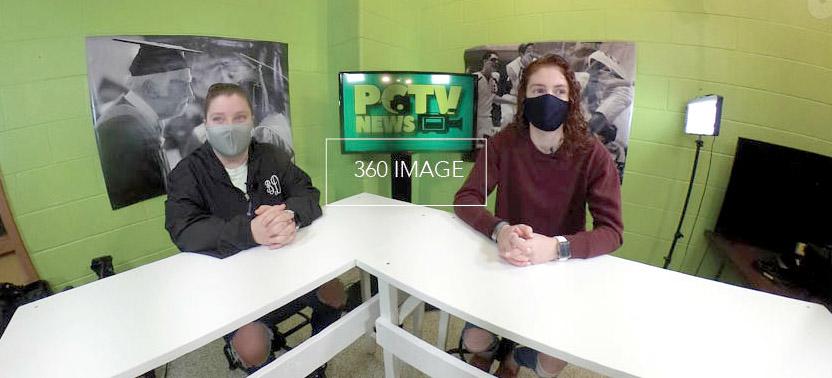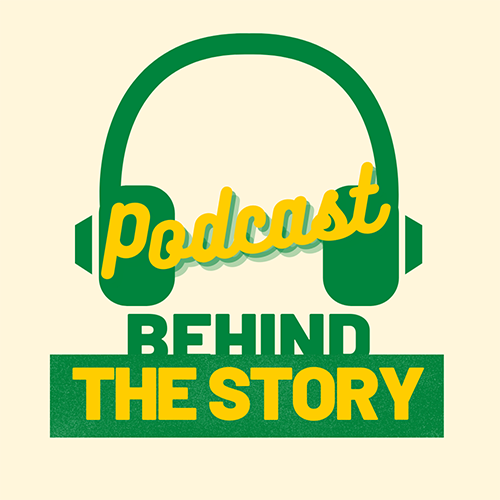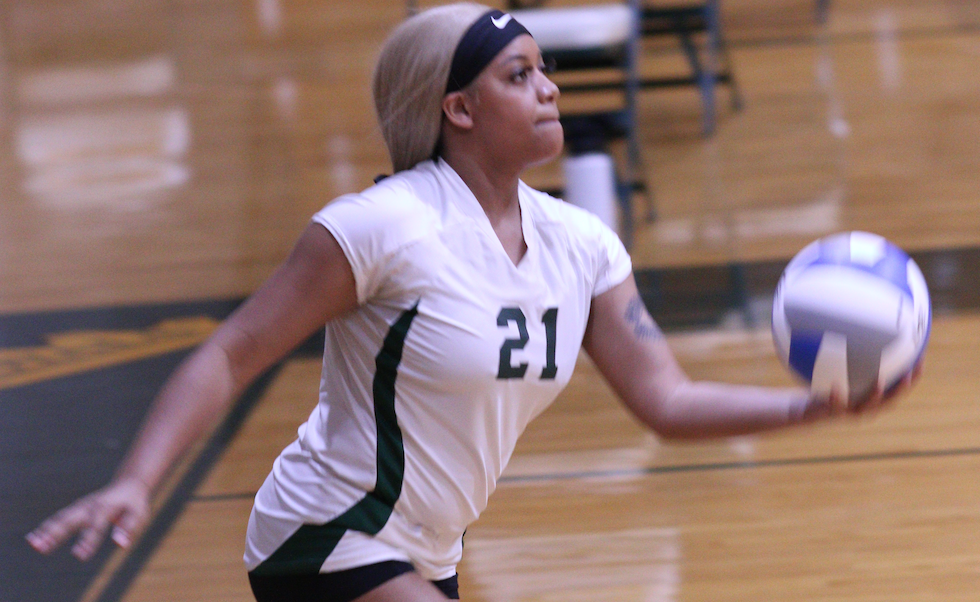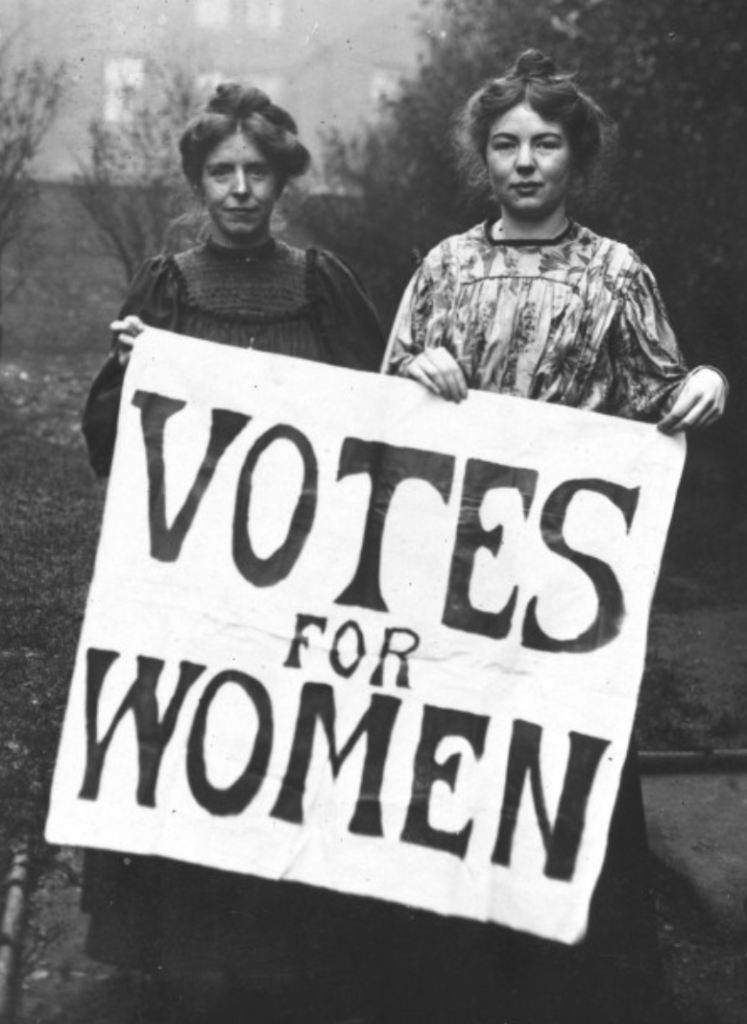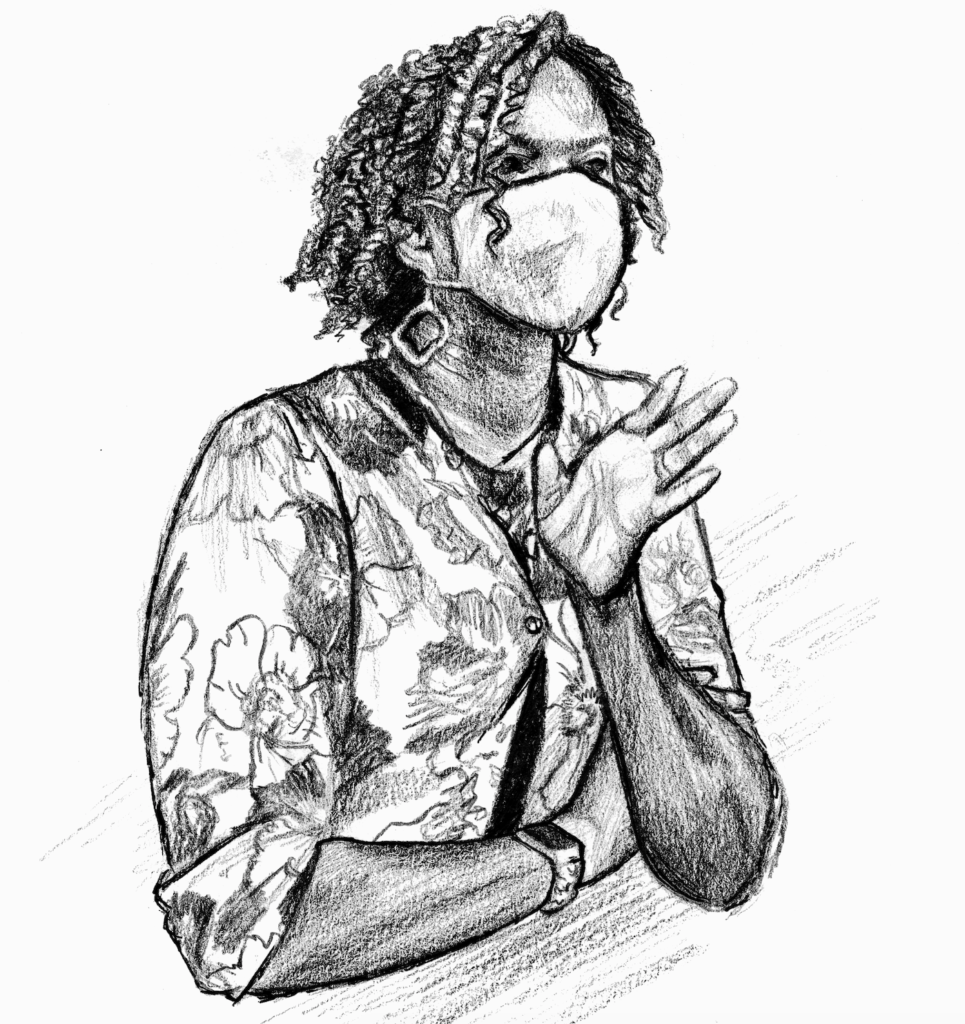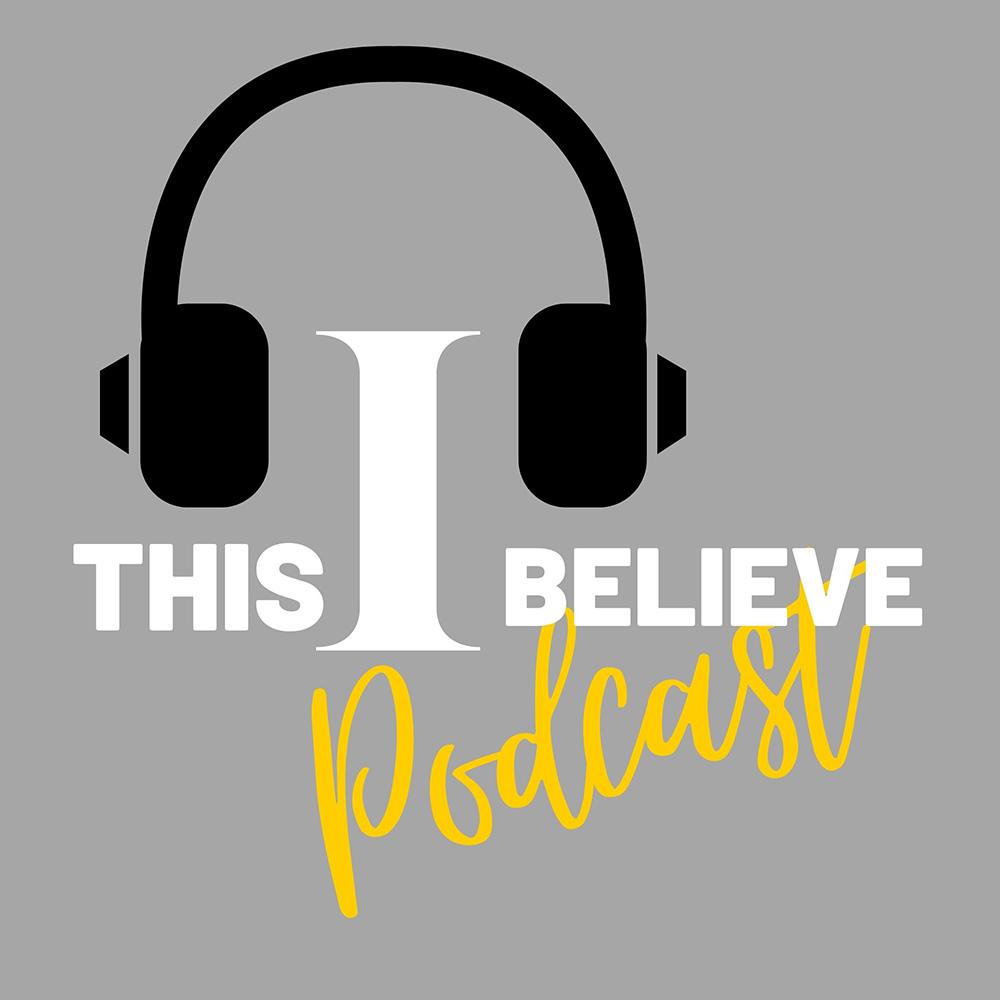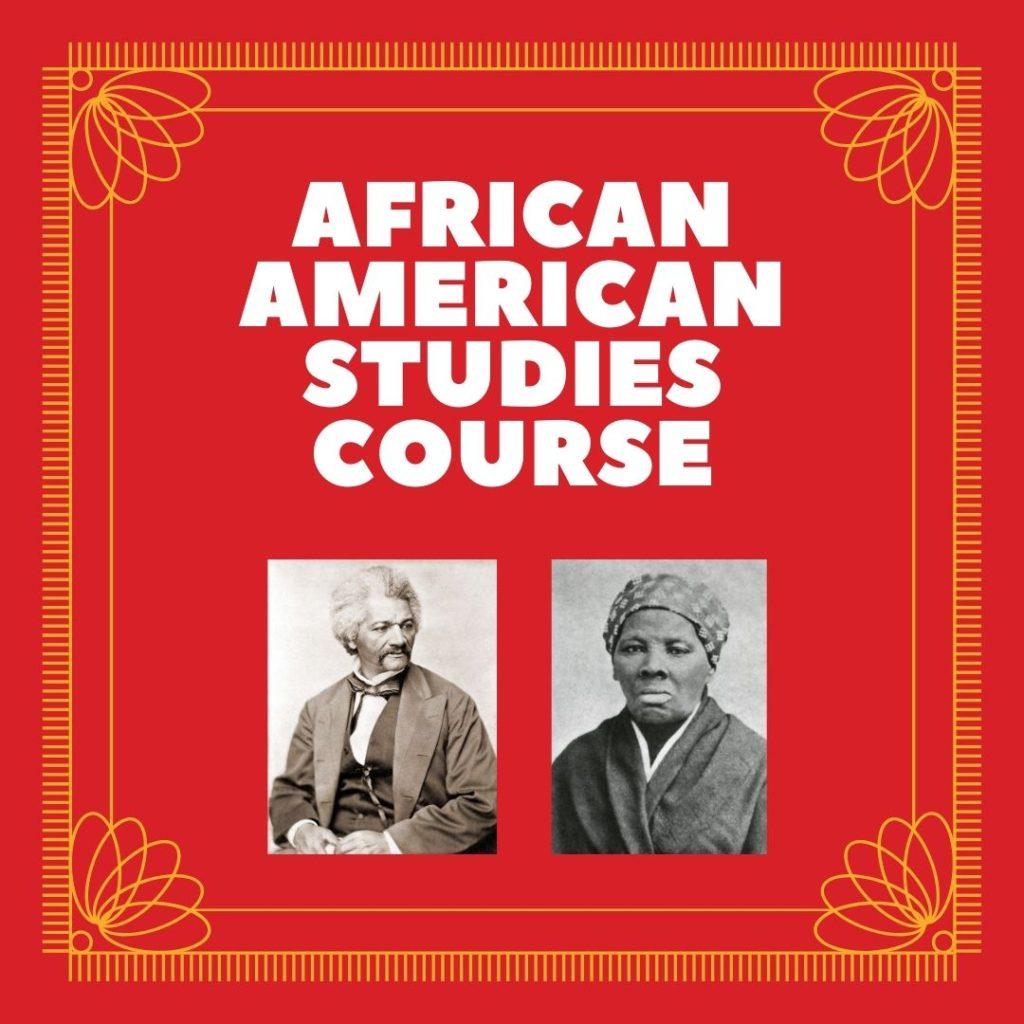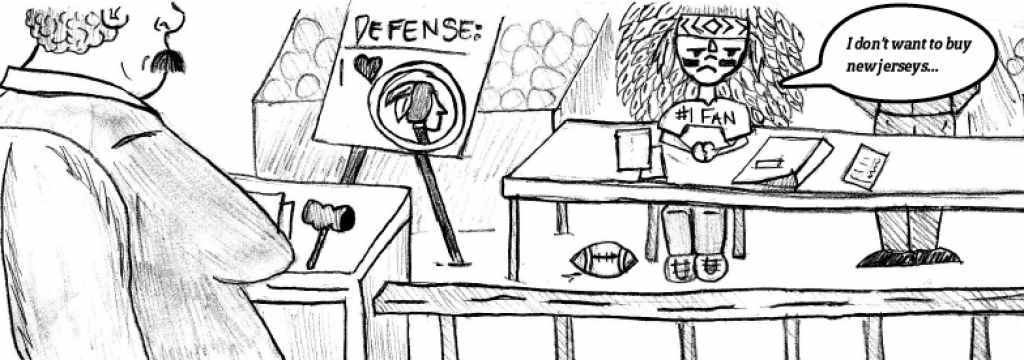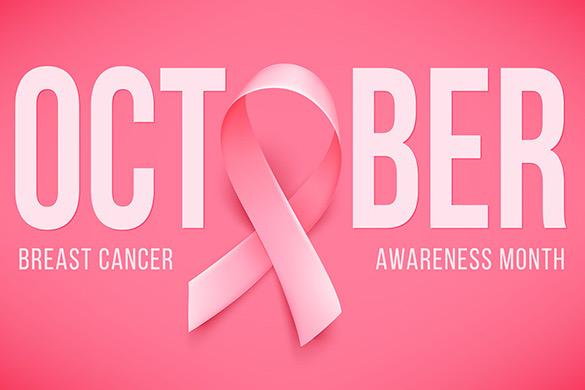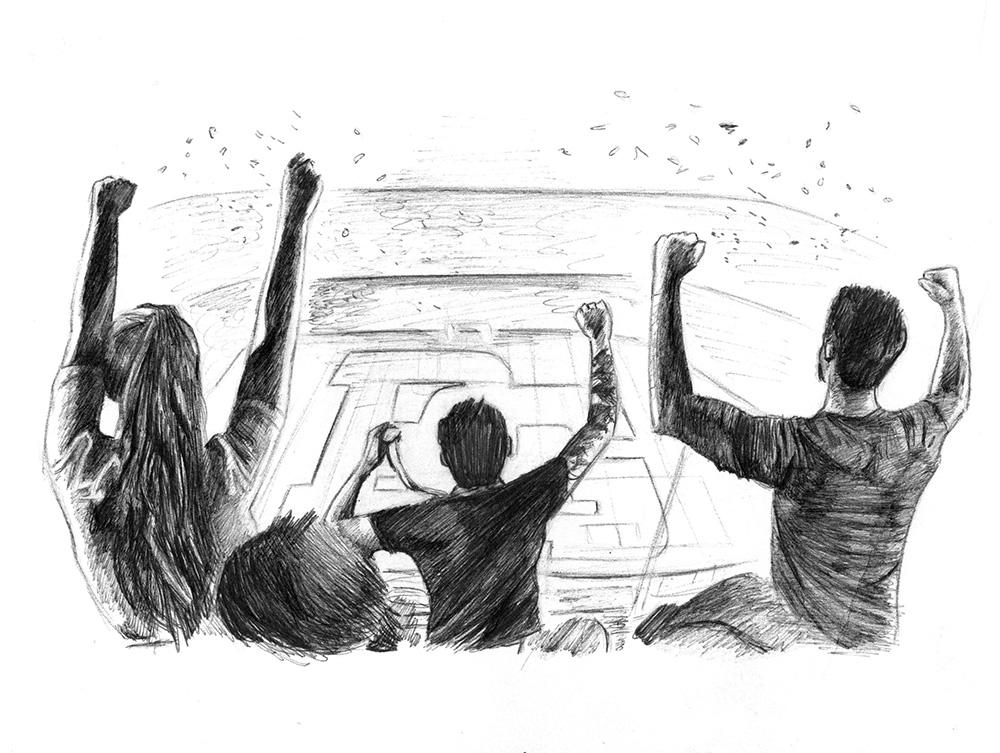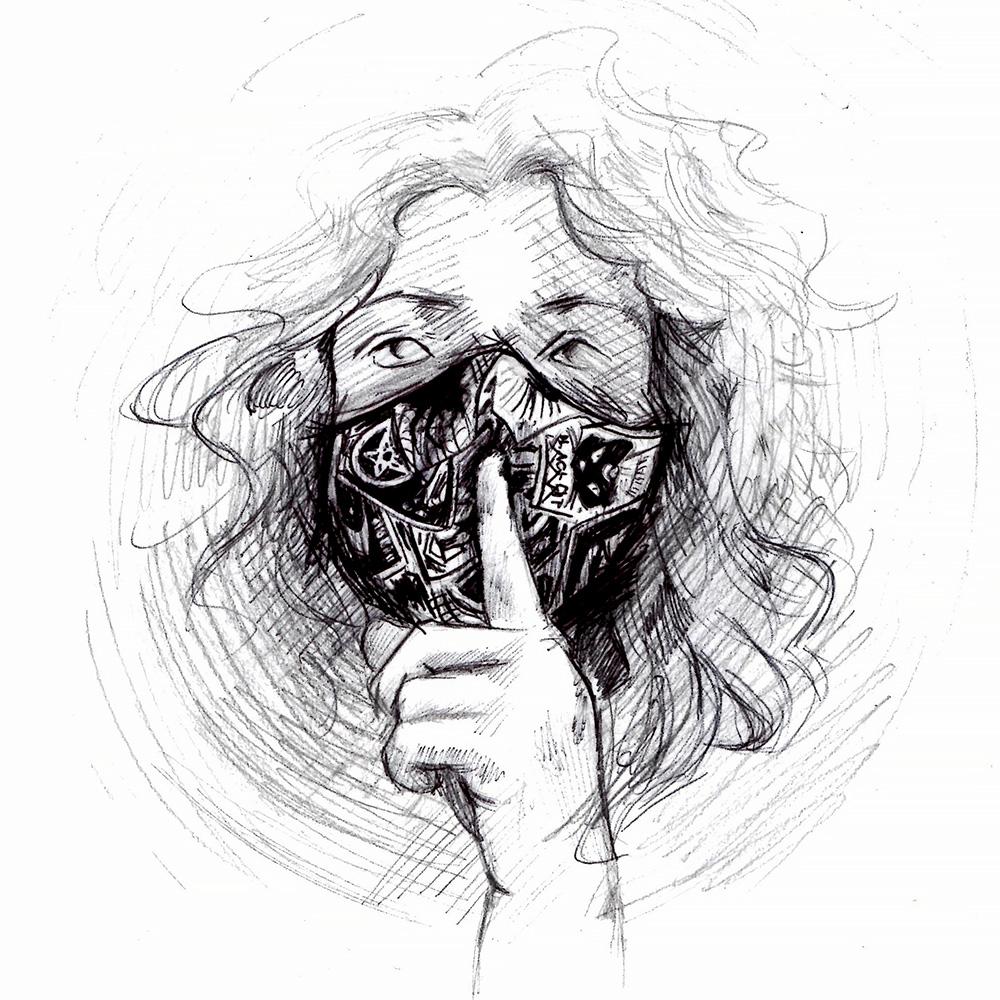At A High School in Philadelphia, The District Superintendant Is Forcing Students In The Newspaper Publication To Use Words They Had Previously Banned. Does The Superintendant Have The Power To Force The Young Journalists To Use These Words Or Is It A Violation Of First Amendment Rights?
Pro by Alexis Stewart
In today’s society, words have a big influence on people’s beliefs, feelings, and even their heritage. In Philadelphia, students of Neshaminy High School have come to conflict with school board officials over the use of the school team nickname, the ”Redskins,” in the high school newspaper “The Playwickian.”
The debate began after the student editors of “The Playwickian” wrote an article on why they do not use the “R” word due to the thought it comes off as offensive to Native Americans. The article started with the words “Redskins is racist, and very much so. It is not a term of honor, but a term of hate.” The school officials thought otherwise of them banning the word and even came to the conclusion of making a policy that the newspaper editors do not have the authority to put such regulations forward.
Many editors of the paper felt that it was time to take a stand against the board of directors of Neshaminy and banned the word, which they had been debating with the school for some time now. The students felt that since their school is named after a creek where the Lenape once lived when they occupied the land called Lenapehoking, it was offending many residents and students of Native American heritage.
A lot of questions have been raised about whether the board of directors has a right to tell the students what words they can ban or not. I agree with the school board for stepping in and telling them what they can do with the school newspaper, because I believe they have the right to do so. The school board funds the journalism program by providing them with everything they need to print and distribute the newspaper monthly to the school. The school is also controlled by the school board officials so the students should obey everything the school says to do with the paper.
Con by Madison Strang
With the recent controversy over the word “Redskin,” the student editorial board at Neshaminy High School has voted to completely stop using the reference within the school newspaper, “The Playwickian.”
The word “Redskin” dates back to the late 1700s in negotiations between the Piankashaws, a Native American Tribe, and Col. John Wilkins. It is now known as a racial slur. In an editorial, which reflected one-third of the editorial staff of “The Playwickian,” they noted, “The term reflects that to the district’s heritage; the land on which Native Americans once walked and is depicted as tribute rather than tarnish.”
In other news, the Washington Redskins are also facing difficulties with their team name. They have been asked to change their name, due to the belief of some people that the word “Redskins” is a racial term towards Native Americans.
With all the controversy within schools and other teams, the school board should not have the authority to require that they use the word “Redskin.” They should not have the right because of freedom of speech, freedom of press, and freedom of expression.
Students in the newspaper world have the important role of keeping their fellow classmates informed on what is currently happening around the community. If the school board takes away this right it would be nearly impossible for the newspaper staff to keep the students up to date on everything that is going on. Furthermore, if the school board regulates the use of the word “Redskin,” they will be violating freedom of the press. Freedom of press is defined as “the right to publish newspapers, magazines, and other printed matter without governmental restriction and subject only to the laws of libel, obscenity, sedition, etc.”
Also, it would be a violation of freedom of expression. The students would be unable to express not only their own ideas, but also the ideas of other students and staff throughout the school.
